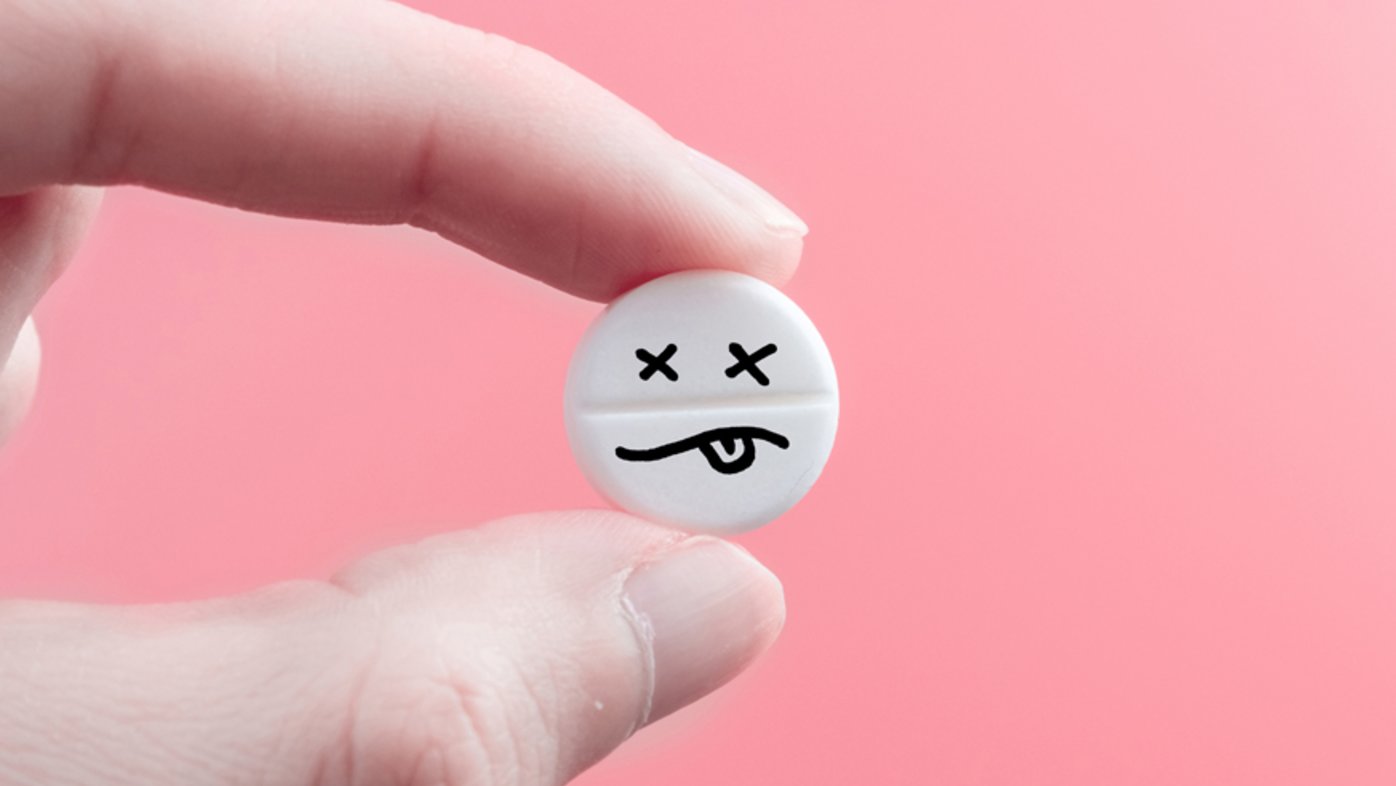
5 things to know about fentanyl
The rise in risky fentanyl use and fentanyl-related overdose in adults — and children — may be due to its easy access and abundant availability.
We've heard the stories about students illegally buying prescription drugs from their peers in attempts to increase energy, numb pain and improve focus. In fact, according to the
U.S. Drug Enforcement Agency (DEA), 12 percent of college students say they have used prescription drugs within the last year - including painkillers, antidepressants, sedatives and stimulants - that were not prescribed to them.
However, the problem of prescription drug abuse is not limited to school campuses. From shared sedatives at suburban book club gatherings to reports of prescription sleep aids freely distributed to Washington, D.C. insiders without a doctor's examination or prescription, the illegal misuse of prescription drugs is rampant and dangerous.
"There are a lot of dangers related to inappropriate drug use without proper supervision from a medical provider," says
Hector Morales, PharmD, a pharmacist with
Sharp Rees-Stealy Medical Centers. "Drug overdose, drug-to-drug interactions, drug-to-food interactions, side effects, antibiotic resistance and allergic reactions are just some of the possible safety issues."
According to Morales, there are many different factors that doctors consider when prescribing medication for their patients. These include:
Current medical conditions
Weight
Age
History of addiction issues
Family history of medical conditions
Medication allergies
Liver function
Past efficacy of medication
Morales says that medical providers should be encouraged to only prescribe enough needed medication. "If we limit the amount of these abusive medications in the patient's possession, there would be no opportunity for others to acquire them illegally," he says.
"It is important to quell the sharing of prescribed drugs," says Morales. "The key is education about safe use and the risks associated with improper use."
He supports DEA-sponsored
National Prescription Drug Take Back Days, which provide a safe and convenient means to dispose prescription drugs, while also educating the general public about the potential for medication abuse. The next Take Back Day is scheduled for April 24, 2021.
Talk to your pharmacist if you have concerns about prescription medications, proper use and what to do with unused or expired medications. The
U.S. Food & Drug Administration (FDA) also offers
tips on additional ways to dispose of unused or expired medicines, and San Diego's law enforcement departments offer year-round collection sites throughout the county.
For the news media: To talk with Hector Morales about prescription medication abuse for an upcoming story, contact Erica Carlson, senior public relations specialist, at
erica.carlson@sharp.com.
This story was updated in April 2021 to include the latest Take Back Day information.
Our weekly email brings you the latest health tips, recipes and stories.